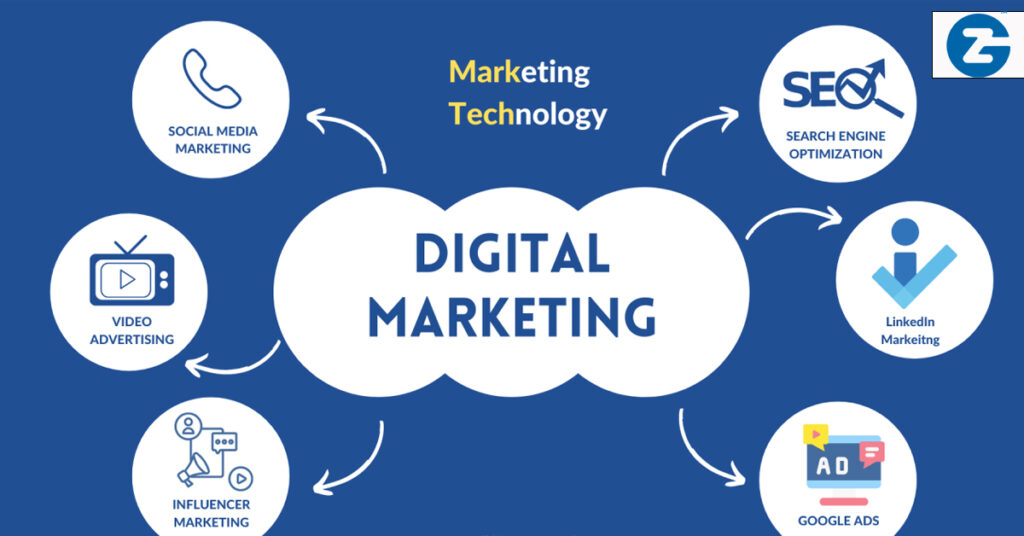
The explosive growth of the digital sphere and shifting consumer behavior have made digital marketing more important than ever in today’s rapidly evolving landscape. Businesses must adapt to the latest digital marketing trends, understand online consumer behavior, and embrace the rise of digital media to stay competitive. In this blog, we’ll explore why digital marketing is crucial, supported by digital marketing statistics and insights into digital transformation.
- The Rise of Digital Media
The explosive growth of the digital sphere and shifting consumer behavior have made digital marketing more important than ever in today’s rapidly evolving landscape. Digital media consumption has skyrocketed in recent years. People are spending more time online, whether on social media, streaming services, or browsing websites. This shift presents a golden opportunity for businesses to reach their target audiences where they spend most of their time. Traditional media channels are no longer sufficient to capture the attention of modern consumers, making digital media indispensable for effective marketing strategies.
- Understanding Online Consumer Behavior
To effectively engage with today’s consumers, businesses must understand online consumer behavior. Consumers are increasingly turning to the Internet for product research, reviews, and purchases. According to recent digital marketing statistics, over 80% of consumers conduct online research before making a purchase decision. This trend highlights the importance of having a robust online presence. By analyzing online consumer behavior, businesses can tailor their marketing efforts to meet the specific needs and preferences of their audience, leading to higher conversion rates and customer satisfaction.
- Embracing Digital Transformation
Digital transformation is reshaping how businesses operate and interact with customers. The explosive growth of the digital sphere and shifting consumer behavior have made digital marketing more important than ever in today’s rapidly evolving landscape. Companies that embrace digital transformation can streamline their operations, enhance customer experiences, and drive growth. Integrating digital marketing strategies into business models is a critical component of this transformation. From automation tools to data analytics, leveraging digital technologies allows businesses to optimize their marketing campaigns and achieve better results.
- Keeping Up with Digital Marketing Trends
Staying updated with digital marketing trends is crucial for businesses to remain competitive. Trends such as artificial intelligence (AI), influencer marketing, video content, and voice search are shaping the future of digital marketing. Businesses that adapt to these trends can create more engaging and effective marketing campaigns. For instance, AI-powered tools can provide personalized recommendations, while video content can capture attention and drive engagement. By keeping up with these trends, businesses can stay ahead of the curve and maintain a strong digital presence.
- Leveraging Digital Marketing Statistics
Digital marketing statistics provide valuable insights into the effectiveness of various strategies. For example, email marketing has an average ROI of 3800%, and social media platforms reach over 3.6 billion users worldwide. These statistics highlight the immense potential of digital marketing channels. By analyzing and leveraging these statistics, businesses can make informed decisions, allocate resources effectively, and maximize their marketing efforts.
Conclusion
In conclusion, the explosive growth of the digital sphere and shifting consumer behavior have made digital marketing more important than ever in today’s rapidly evolving landscape. Understanding online consumer behavior, embracing digital transformation, and staying updated with digital marketing trends is essential for businesses to thrive. By leveraging digital marketing statistics and adapting to the rise of digital media, businesses can create impactful and successful marketing strategies that drive growth and ensure long-term success.